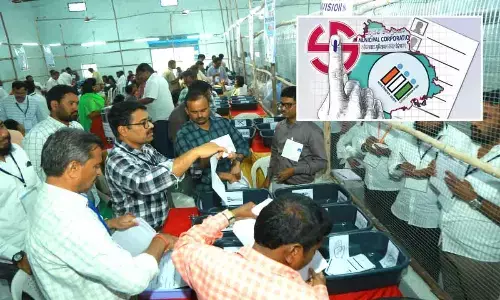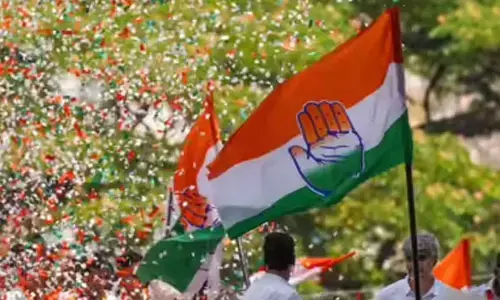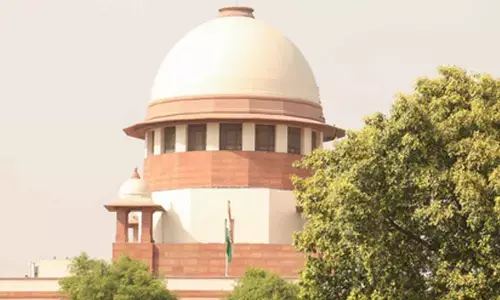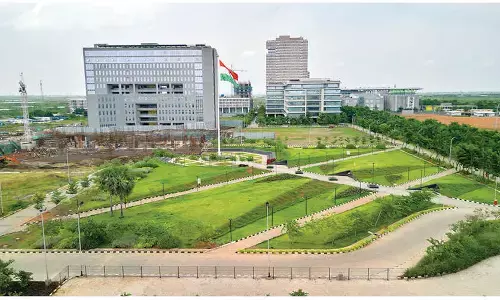Civils Marathon XIV Countdown starts
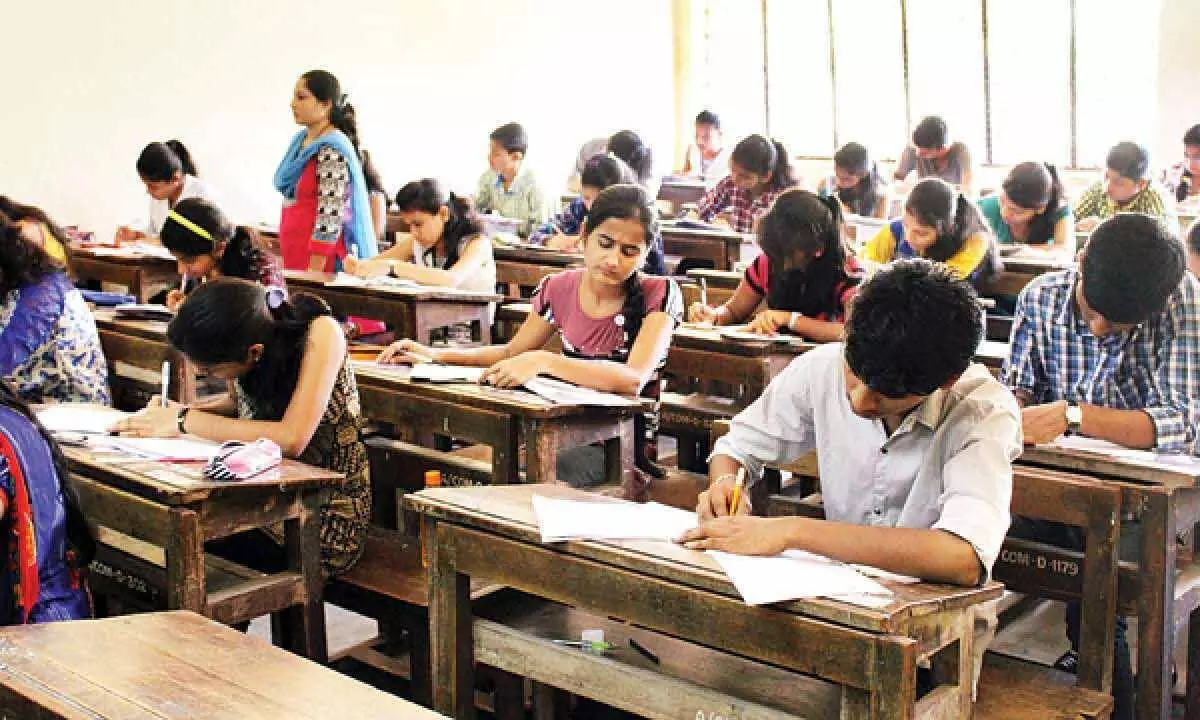
Representational image
The countdown for Civils Prelims examination has started.
The countdown for Civils Prelims examination has started. The date is June 5th. A minimum of three lakhs people will be attempting this year. The candidates who are preparing for the first time are to be cautious about the syllabus and preparation in advance. Out of the seven segments in the general studies paper I, each segment is important. Let's look at the syllabus part.
Polity
Historical evolution, amendments, significant provisions and basic structure of the Constitution are to be studied. Functions and responsibilities of the union and the states and finances up to local levels are significant. Parliament and state legislatures, structure, organisation and functioning of the executive and the judiciary is important. Salient features of the representation of peoples act, statutory, regulatory and various Quasi-judicial bodies are to be studied well. In recent times the Modi government has announced several welfare schemes for vulnerable sections of the population and the performance of the schemes is up to the mark. Health, education, human resources, issues relating to the social sector, poverty and hunger are the main issues. The role of civil services in a democracy is vital.
Indian Geography
Under this chapter the basics of India, physical features, Indian desert and coastal plains are important. Under the river systems, Himalayan Rivers, peninsular rivers, river basins, and interlinking of rivers are to be studied. Under the climate, the monsoons like EL Nino, La Niña and cyclones are to be given preference. Minerals and industries, agriculture, natural vegetation, economic infrastructure, human geography with physical geography, climatology, oceanography, human geography are the important points to be remembered.
International Relations
Current events of national and international importance, India and its neighbourhood, relations between India and neighbouring countries, effect of policies and politics of developed and developing countries on India's interests, Indian diaspora are to be discussed with seniors to have firsthand knowledge.
Environment and Ecology
Basic understanding of the environment and technology is of prime importance. Eco system and its dynamics, biogeochemical cycles, population ecology, biosphere, biodiversity, biodiversity conservation, pollution and degradation, waste management, climate change, contemporary issues relating to wildlife, renewable energy and environmental institutions are focal points.
Economy
The basics of economy, Indian economy and issues relating to planning, mobilisation of resources, growth development and employment, government budgeting, major crops, different types of irrigation and irrigation systems, issues related to direct and indirect farm subsidies, food processing and related industries in India, land reforms in India, effects of the liberalisation on the economy, infrastructure and investment models are to be studied carefully.
Science and Technology
Lot of questions are expected under this segment. E -technology in the aid of farmers, developments and their applications, achievements of Indians in science and technology awareness in the field of IT, space, computers, robotics, nano technology, biotechnology and issues relating to intellectual property rights are important.
History
The subjects under this category include, prehistoric cultures in India, indus civilisation, Vedic society, buddhism and Jainism, the Mauryan Empire, Ashoka and his inscriptions, society of post Mauryan India, the Satavahana's, Sangam Texts, different religions, the Guptas, literature science arts, economy and society are to be studied in depth. Regarding the mediaeval India -major dynasties, cultural trends, 13th and 14th, 15th and 16th centuries, the Mogul Empire, the decline of the Mogul Empire are key points.
Under modern India the British extension, economic impact of British Raj, cultural encounter and social changes, confrontation to British rule, the 1857 revolt, Indian freedom struggle, Gandhi and thoughts, separatist movements in Indian politics, India independent to 1964 are vital points.
Disaster Management
This topic is of critical nature. The classification of disasters, disaster management cycle, national disaster management act 2005, national disaster management plan, 2016, natural hazards in India, vulnerability profile of India, natural disasters and man-made disasters, international cooperation and current developments, global frameworks for disaster risk reduction, partnerships with international agencies, India's leadership initiatives and bilateral agreements with countries are crucial. Since the countdown has started the candidates should work hard to cope up with the syllabus and memorise as many points as they can to compete with lakhs of people.
World History
For civil servants, knowledge about world history is most important. It includes enlightenment and modern ideas, origin of modern politics, industrialisation, nation-states system, imperialism and colonialism, revolution and counter revolution, first and second world wars, the world after World War II, liberation from colonial rule, decolonisation and Under development, unification of Europe, and disintegration of Soviet Union and the rise of the unipolar world are most important.
(The author is retired Additional director general, Doordarshan, Delhi)


